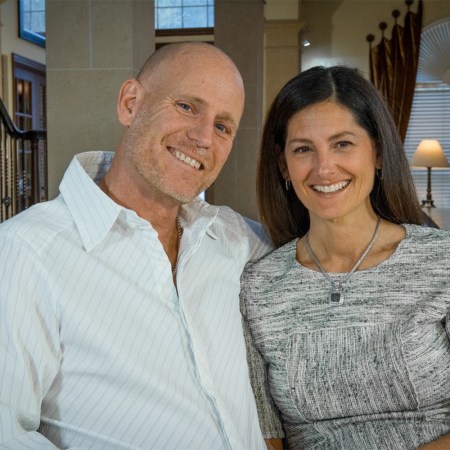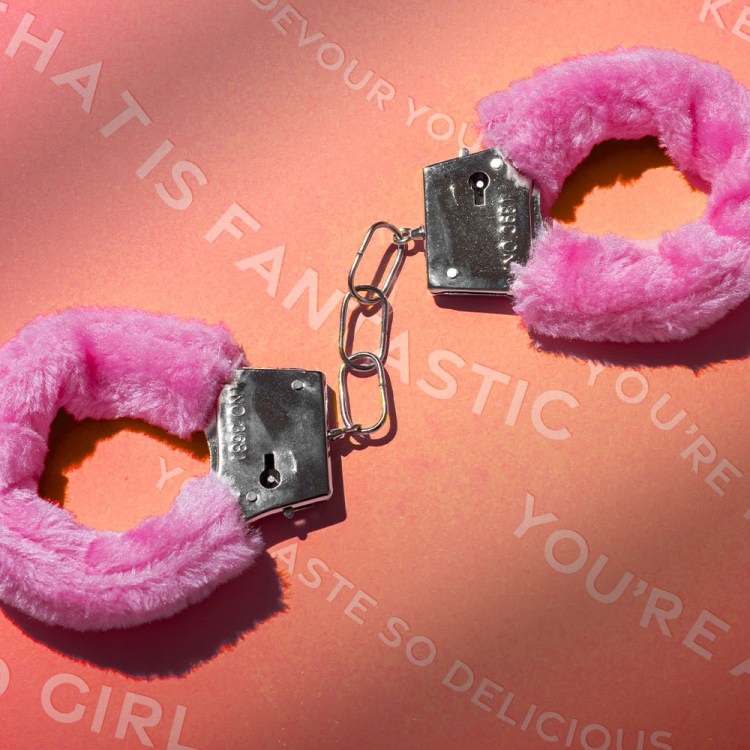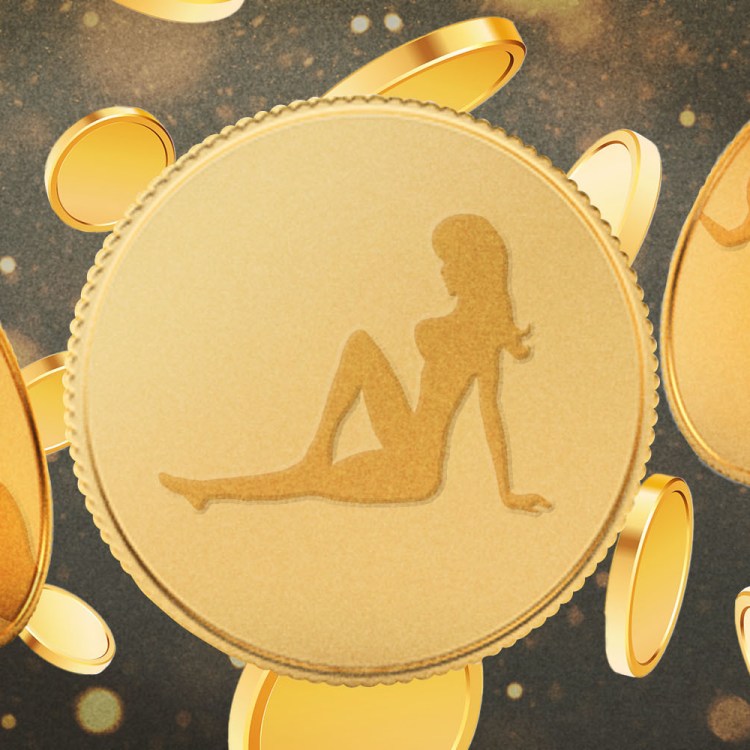People have been talking about Netflix’s new Pornhub documentary since the trailer dropped. Money Shot: The Pornhub Story dives into allegations of sex trafficking and sexual abuse (including children) on the site and examines claims that not only did the site know about this illegal activity, but actively profited from it. It’s a pretty wild and uncomfortable watch.
Pornhub is the largest porn site on the planet, with 3.5 billion monthly visitors. That’s far more than Netflix, or any social media site for that matter. And up until recently, they got pretty good press. They were the cheeky, fun and acceptable face of porn, producing naughty Christmas ads and even renting billboards in Times Square. Pornhub was a bit like the McDonald’s of porn — a huge company that (you’d think) would be a safe bet where you’re not going to stumble across anything too dark, too strange or illegal.
At the end of 2020, Pornhub made the somewhat dramatic decision to remove all content from unverified users, and it’s one of the focal points of the documentary. The bosses of MindGeek — the umbrella company that owns Pornhub and a number of other porn sites and studios — said that unverified accounts were the root of the illegal content problem on the site. Unverified users could be anybody, but a verified user (this might be a porn performer uploading their content directly or an established porn studio) needs to prove their identity. For obvious reasons, someone knowingly uploading illegal content won’t want to provide this information.
But critics of Pornhub claim that the removal of content from unverified users wasn’t the fix-all that the site’s PR team would have us believe. The documentary claims there is still content on the site that was uploaded non-consensually, and individuals’ requests to have this content removed has been met with apparent indifference.
The documentary also states that Pornhub has found a workaround to make money indirectly from content that’s been removed. It points to one specific example of a video being removed from the site at the request of NCMEC (The National Centre for Missing and Exploited Children). Rather than deleting the entire page, Pornhub simply removed the video but left all the metadata, comments and banner advertising in place. So, despite removing the video itself, money can still be made through advertising, capturing data and pointing users to similar content.
A handful of big name performers appear on the documentary, in part to defend Pornhub as an important way for them to market themselves and make money. They point out that there is a huge difference between what they do, making legal and consensual porn, and the allegedly illegal content that caused the backlash against Pornhub. “There is no such thing as non-consensual porn,” performer Siri Dahl says in the documentary. “That’s not porn, that’s rape.” Many performers and advocates of porn have suddenly found themselves being tarred with the same brush as sex traffickers and child abusers — which, of course, has had catastrophic consequences and forced many to find new platforms on which to market themselves.
Porn performer Wolf Hudson, for example, who has 72.9K subscribers on Pornhub, explains candidly how his income rose meteorically to around $10,000 a month when he moved to using performer platforms like OnlyFans and subscriptions on Pornhub. Dahl also describes OnlyFans as her most reliable and regular source of income but defends Pornhub throughout the documentary, echoing the comments of other performers that, as the most mainstream and well-known porn site on the planet, the platform is still vital to her livelihood.
Why You Should Be Listening to Audio Porn
Meet Quinn, the newest way to get your rocks offWhile watching the documentary, one glaring truth begins to appear. The problem with Pornhub is the way they monetize their free content. On the face of it, this might seem counterintuitive. If we think Pornhub might be on dodgy ethical ground, how is paying for their content the right thing to do? But the site makes money from free content, too — and although MindGeek’s CEO is noticeably evasive when asked to give specific figures in the doc, it’s safe to assume we’re talking big bucks.
So how does this work? When you search for content on Pornhub, your preferences are gathered and that data is sold. Just like when you shop online or post about something on Facebook, you leave a data trail that is incredibly valuable to companies that might want to sell you something in the future. You might not notice right away, but the banner ads you see on Pornhub are being tailored to you as well. This is a major revenue stream for the site. The doc argues that the site isn’t super incentivized to remove content because, quite simply, more content means more data gathering, means more money. The more specific choices that are available to you (and Pornhub has just shy of three million freely available videos), the more detailed the data that can be gathered and sold.
But if every user were paying subscriptions to their favorite studio or performer, potentially this monetization model would start to crumble. Suddenly, more money would be going directly to the performers, and the site would arguably be forced to focus on quality over quantity.
A lot of people still cringe at the idea of paying for porn. There is, for some reason, a sense of seediness attached to it, that paying for porn is somehow kind of sad. Or that if you’re paying for a porn subscription, it must be because you’re into something “weird.” This is a ludicrous concept when you consider the quantity of free content on Pornhub and the variety of videos that cater to all kinds of kinks. But while huge numbers of people freely admit to enjoying porn (91.5% of men and 60.2% of women said they watched porn in the past month), far fewer are willing to pay for it. According to one survey, only 10% of respondents who said they regularly watch porn have any kind of paid subscription.
This all links back to society’s broader issues with sex and sex work, in particular. While we all happily admit that sex sells, there’s still a taboo around buying sex, and this extends to porn (although this could be slowly changing, as millennials are reportedly paying for porn more often). Sex educators and adult performers are increasingly calling this out. But for the trend to change, a significant shift in attitude is needed — one that sees porn performers as just that: performers. What they do has to be considered valid, skillful, creative and, just like other forms of entertainment, something we should be paying for.
It’s time we flipped the narrative on free porn. If there’s one thing that Money Shot: The Pornhub Story shows us, it’s that free porn is the problem. Paying for porn actively contributes to ensuring it’s ethical, consensual and safe. Paying for porn needs to be the norm.
This article was featured in the InsideHook newsletter. Sign up now.






















